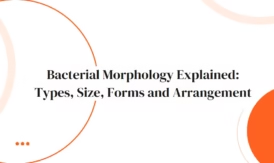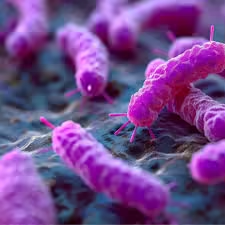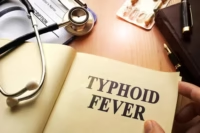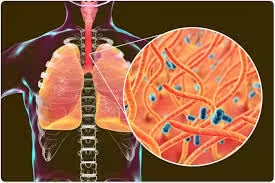
Introduction Acute diarrheal disease is a significant global health issue that can result from various infectious agents, including bacteria, viruses, and parasites. It is characterized by the sudden onset of Read More ……..
Simplifying Allied Health Learning.

Introduction Acute diarrheal disease is a significant global health issue that can result from various infectious agents, including bacteria, viruses, and parasites. It is characterized by the sudden onset of Read More ……..

Introduction Bacteria are unicellular prokaryotic microorganisms that show remarkable diversity in shape, size, and arrangement. Morphology is one of the fundamental criteria used in microbiology for classification, identification, and diagnosis. Read More ……..

Introduction Microbes (microorganisms) are tiny living organisms that cannot be seen with the naked eye. They are present everywhere in nature such as air, water, soil, food, and inside the Read More ……..

Introduction Enteric fever is a systemic infectious disease primarily affecting the gastrointestinal tract and reticuloendothelial system. It is caused by: Salmonella enterica serovar Typhi (Typhoid fever) Salmonella enterica serovar Paratyphi Read More ……..

Introduction Whooping cough, also known as pertussis, is an acute and highly contagious bacterial infection. It primarily affects the respiratory tract. The disease is characterized by prolonged, severe bouts of Read More ……..